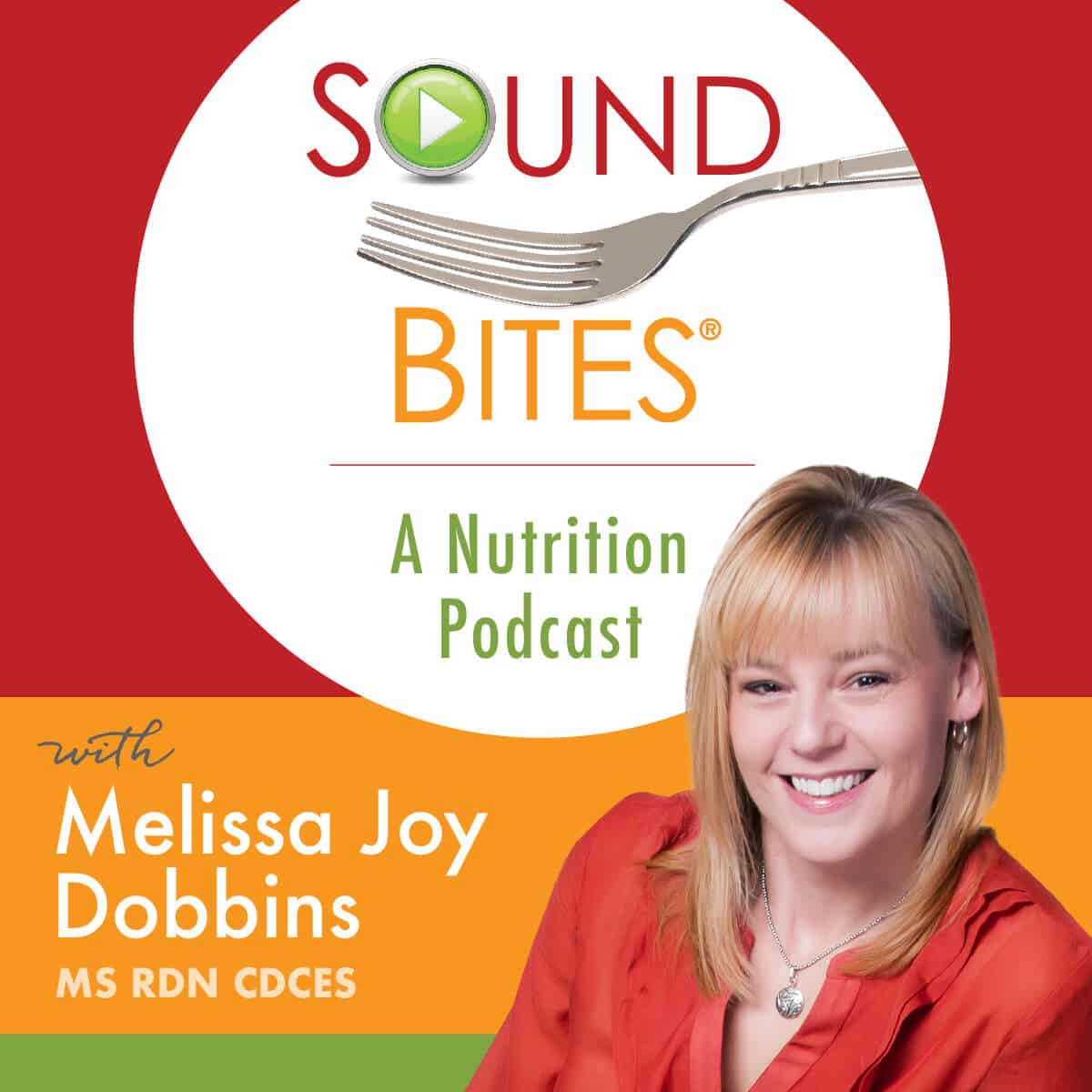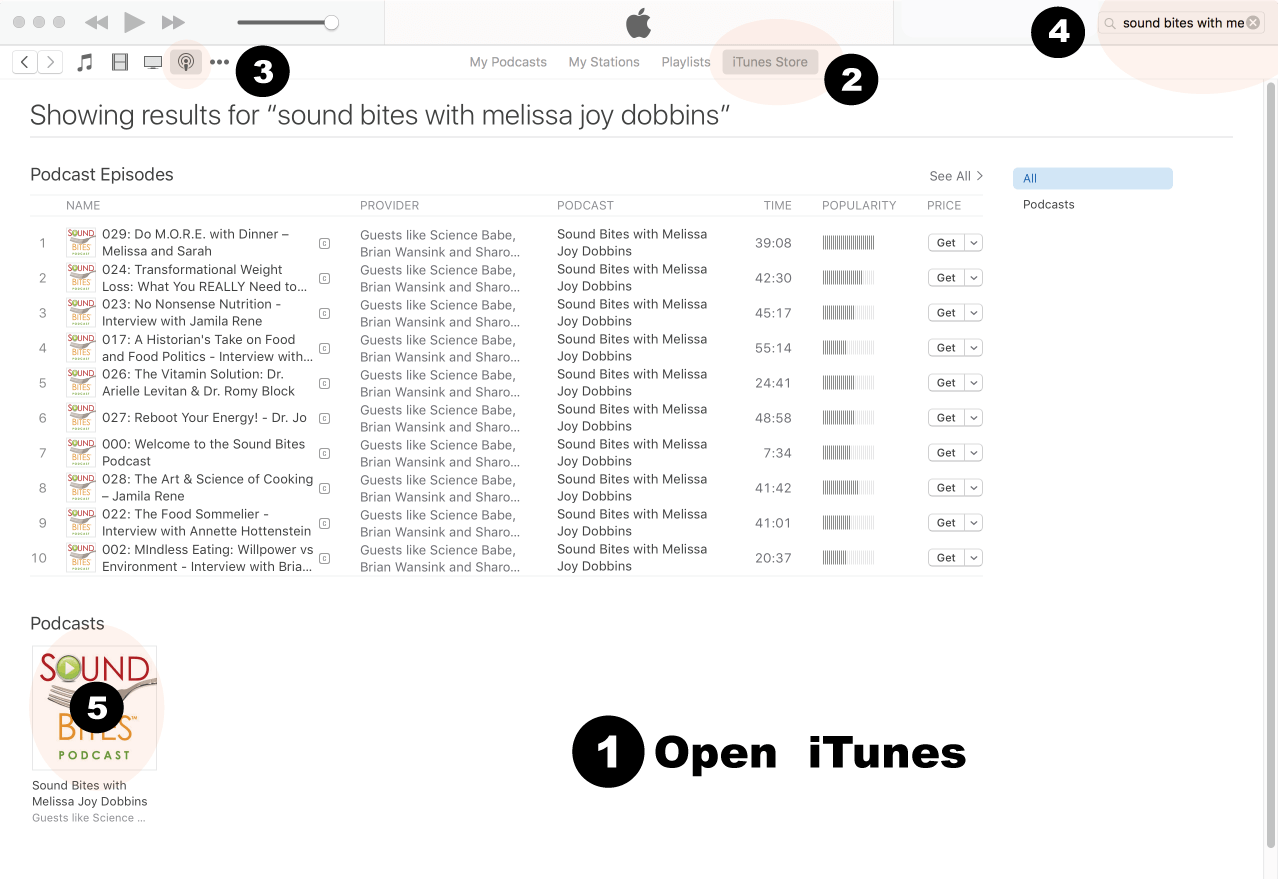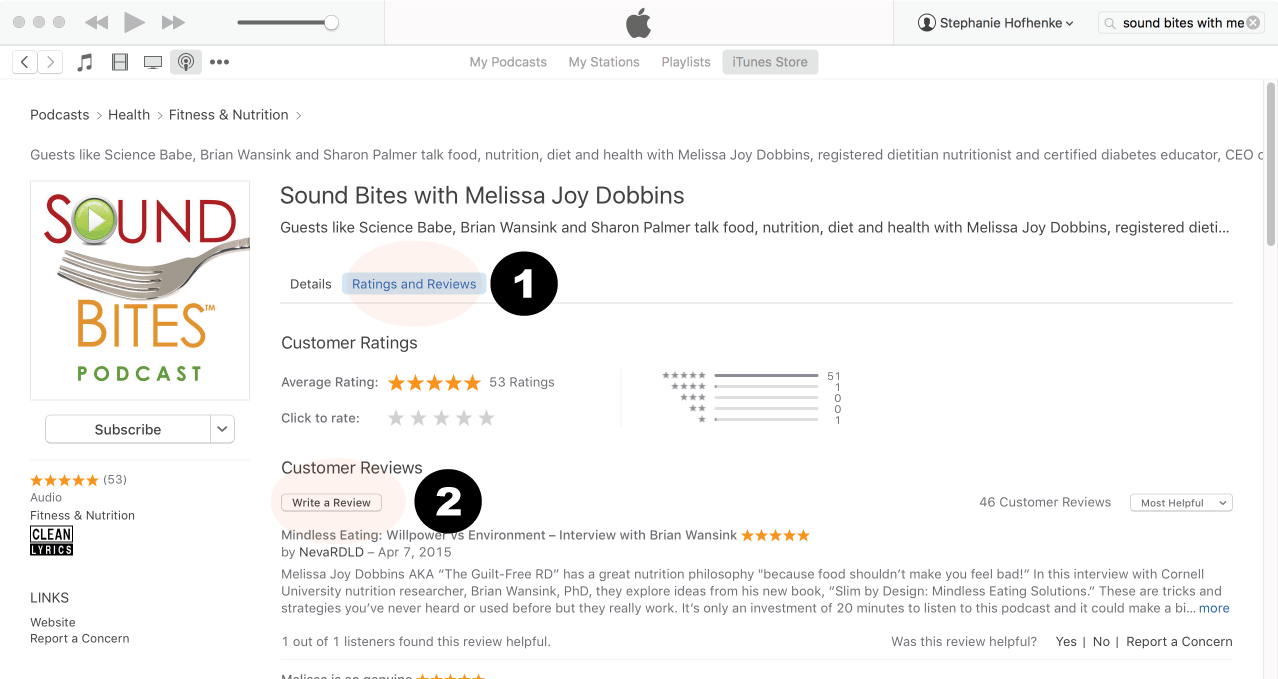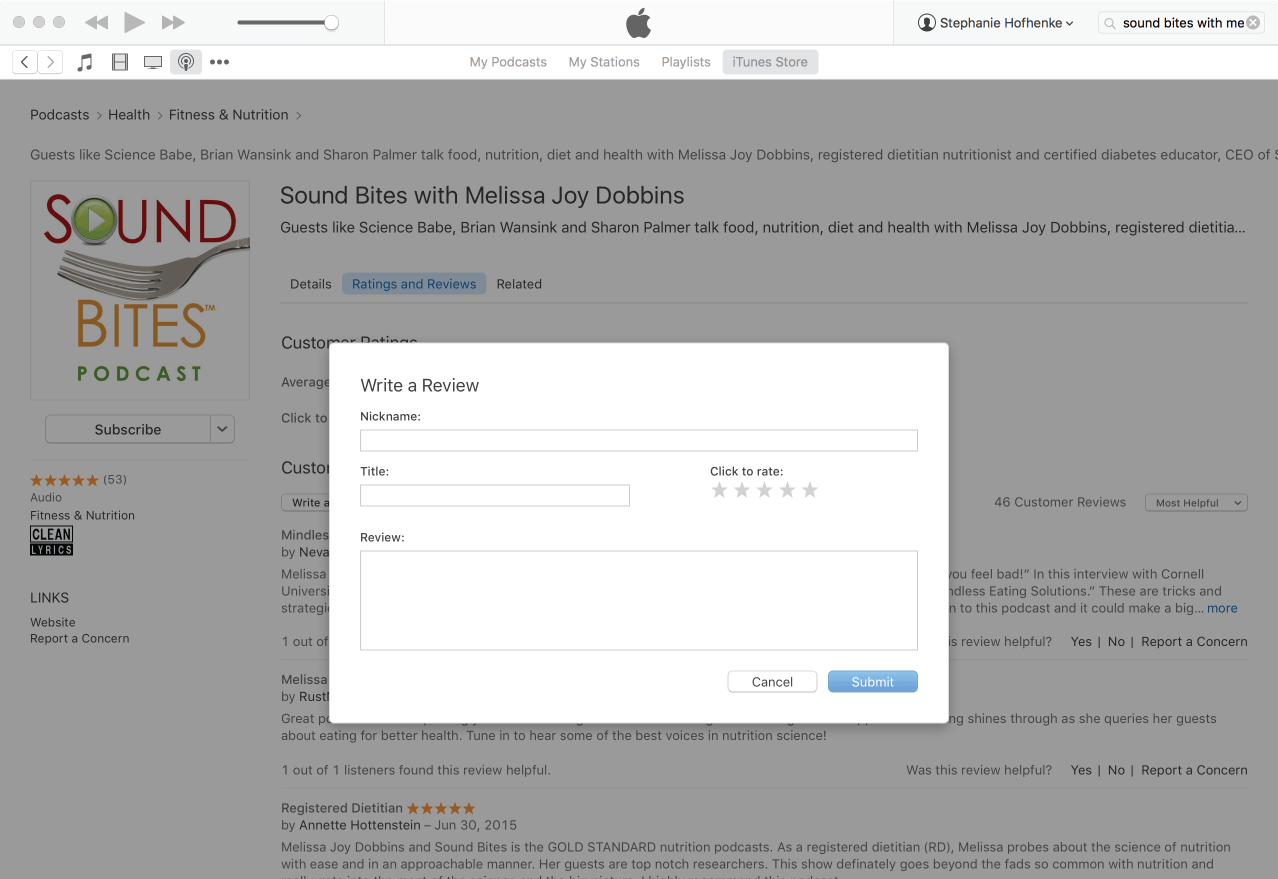Fiber’s Role in Digestive Health – Beyond Soluble and Insoluble
Jan 6, 2021
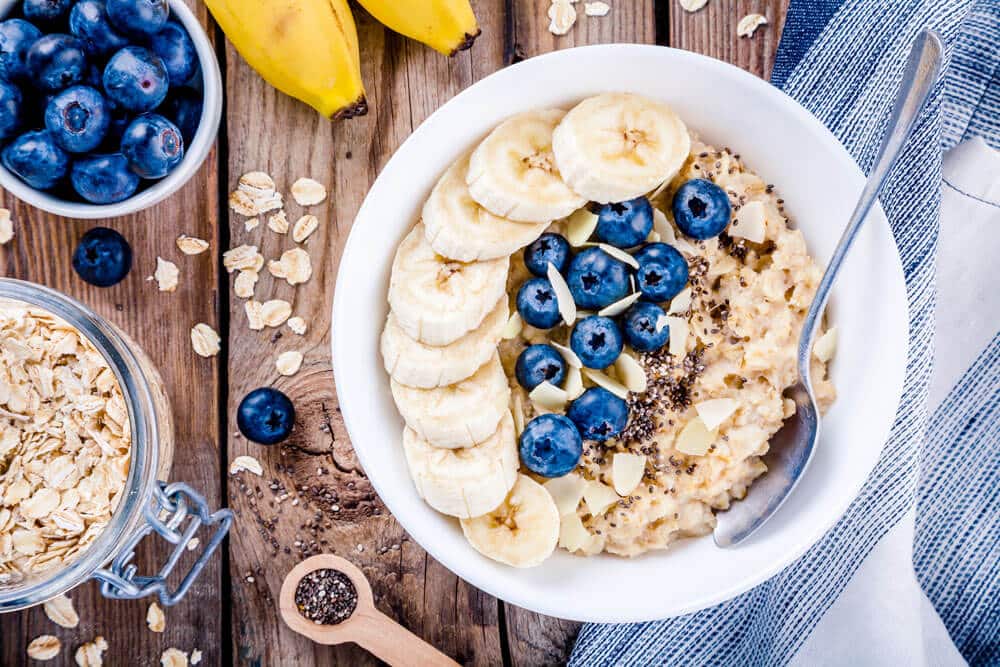
DISCLOSURE
This blog post is a paid collaboration between Sound Bites® Inc. and PepsiCo.
Interest in gut health is on the rise, and the more I learn about it the more I discover that basic nutrition concepts related to gut health, such as fiber in the diet, are beginning to take on a whole new meaning for me.
I used to think of dietary fiber as either soluble (good for cardiovascular health), or insoluble (good for digestive health), but I realize there is now so much more to this multifaceted nutrient. Over the last several months, I’ve attended three webinars sponsored by PepsiCo that made me think differently about dietary fiber and its many roles in digestive health. I also interviewed one of PepsiCo’s Principal Nutrition Scientists on my Sound Bites® Podcast about this topic.
A New Perspective on Fiber
Dietary fiber can help promote digestive health beyond its modulation of laxation, including fermentation and effects on gut microbiota.
As I indicated earlier, fiber can be categorized by solubility (soluble or insoluble) but also by viscosity and fermentation:
- Soluble fiber dissolves in water to form a thick gel-like substance in the stomach. It is broken down by bacteria in the large intestine, provides some calories and can help slow digestion.
- Insoluble fiber does not dissolve in water and may pass through the gastrointestinal tract relatively intact and, therefore, is not a source of calories. It can help with laxation and regularity.
- Viscosity: gels with water, influences chyme consistency and can improve nutrient digestion and absorption.
- Fermentation: Produces short-chain fatty acids which increase bioavailability of some minerals and inhibit pathogenic bacteria.
Similarly, prebiotics are food ingredients that the human body cannot digest but provides food for the “good bacteria” in the gut. Prebiotics are often fibers, however not all fibers are prebiotics. Inulin, seen on ingredient lists as chicory root extract, is an example of a well-studied prebiotic fiber found in many plants. It is a soluble fiber and readily fermented by gastrointestinal microbiota with scientific evidence showing that it can help support a healthy digestive system. For example, inulin may help support regularity.
Fiber Intake Continues to Fall Short
We know that many people do not get enough fiber in their daily diets. Dietary fiber is considered a ‘shortfall nutrient’ because many individuals are not consuming enough to meet the levels recommended by many health experts. Therefore, the 2015-2020 Dietary Guidelines for Americans recommend shifts in food choices by eating more of the foods that provide dietary fiber, such as whole grains, fruits and vegetables.
Daily Fiber recommendations from the Institute of Medicine:
| Age | Amount per day |
|---|---|
| adult women | 25g |
| adult men | 38g |
| men over 50 | 30g |
| women over 50 | 21g |
| children 1-3 | 19g |
| children 4-8 | 25g |
Intake and Intolerances
While many people do not get adequate fiber in their diets, others may experience gastrointestinal distress (related to Irritable bowel syndrome) from consuming certain types of sugars and dietary fiber. Consulting a dietitian is a great way to assess tolerance, help navigate the many nuances of the diet and develop a personalized, well-balanced eating plan. For example, following a low FODMAP diet with guidance from a dietitian can help identify which fiber sources are easier to tolerate to ensure you’re still able to meet your daily fiber recommendations.
I encourage you to start thinking differently about fiber and to check out my podcast episode with Dr. Elieke Kearns as well as the three PepsiCo webinars for more information on fiber and digestive health (links below).
Resources:
Gut Check: The Dietitian Download on Prebiotics and Probiotics webinar
The Lowdown on FODMAP: Dietary Management for IBS and Beyond webinar
The Power of Fermentation: The Science and Health Benefits of Fermented Foods webinar
Certain PepsiCo products can help people incorporate fiber into their diet while helping to support a healthy digestive system. A serving of each of the following PepsiCo product is at least a good source of fiber:
- Quaker Old Fashioned Oats, Quaker Quick Oat, Quaker Steel Cut Oats
- Quaker Instant Oats High Fiber
- Tropicana Essentials with Fiber
Related
WELCOME TO MY BLOG
Thank you for stopping by!
I’m the Guilt-Free RD – “Because food shouldn’t make you feel bad!™”. So, on my Food for Thought blog I’m sharing the secret ingredients to enjoy your food with health in mind.

Subscribe!
Sign up for my monthly newsletter and episode eblasts so you never miss an update!


